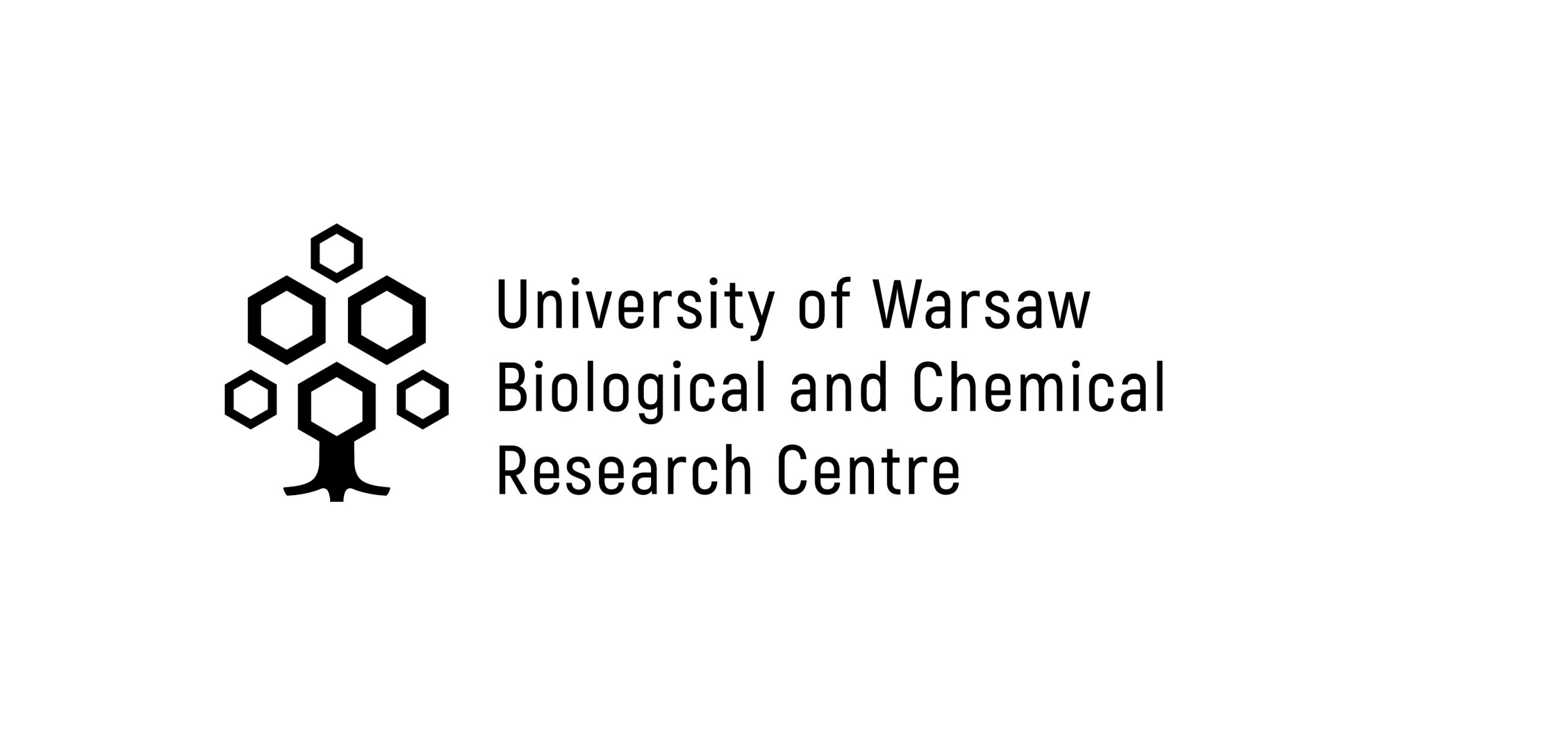Infection Biology Laboratory
Description of the Group
The Laboratory of Infection Biology focuses on interdisciplinary research on Staphylococcus aureus, combining microbiology, genetics, biochemistry, and medicine. Our goal is to understand the mechanisms by which this pathogen interacts with host proteins, cells, and tissues, leading to severe infections and their complications. We utilize advanced molecular techniques as well as in vitro and ex vivo models to analyze these interactions. Collaborating with renowned scientific centers worldwide, we emphasize the global nature of our research. Our aim is to identify new therapeutic targets and strategies to prevent bacterial infections.
Research Activities
The team is currently conducting the following research projects:
- SONATA NCN
Title: Identification of key genetic determinants of Staphylococcus aureus associated with bloodstream infections.
Objective: To identify genetic elements of S. aureus responsible for the development of bloodstream infections by analyzing clinical isolates and patient-related data.
Grant Number: 2018/31/D/NZ6/02648 - OPUS NCN
Title: Together or apart? The importance of the interactions between staphylocoagulase and staphylokinase in the development of Staphylococcus aureus infections.
Objective: To investigate how S. aureus employs different functional strategies to control the quantity and structure of fibrin during infections, using in vivo models.
Grant Number: 2022/47/B/NZ6/03379 - OPUS NCN
Title: The central role of the human hemostatic system in the formation of Staphylococcus aureus biofilms.
Objective: To study the unique features of S. aureus biofilms containing fibrin and the mechanisms of their formation, using advanced microscopy and biophysical analyses.
Grant Number: 2023/49/B/NZ6/04253
Research collaboration
Our laboratory collaborates with many esteemed scientists and institutions, including:
- Dr. Francesc Coll, Instituto de Biomedicina de Valencia CSIC, Spain
- Dr. Jakub Kwieciński, Faculty of Biology, Biochemistry, and Biophysics, Jagiellonian University, Kraków
- Dr. Katarzyna Holcman, Collegium Medicum, Jagiellonian University, Kraków
- Dr. Magdalena Mizia-Szubryt, Dr. Adrianna Berger-Kucza, Prof. Dr. Katarzyna Mizia-Stec, Medical University of Silesia, Katowice
- Dr. Karol Makuch, Institute of Physical Chemistry, Polish Academy of Sciences, Warsaw
- Prof. Joan Geoghegan, University of Birmingham, United Kingdom
- Dr. Elżbieta Jagielska, Dr. Izabela Sabała, Mossakowski Medical Research Institute, Warsaw
Research Equipment:
| Equipment Name | Contact Person / Room Number | |
| 1 | Laminar chamber for working with pathogens | Marta Zapotoczna, Ph.D., Paula Rożen /room: 4.154, 4.165 |
| 2 | Platelet-type multi-detection reader BIOTEK Synergy | |
| 3 | Chemidoc visualizer | |
| 4 | Thermocyclers T100 | |
| 5 | Eppendorf centrifuge 5430 | |
| 6 | Vertical electrophoresis devices BioRad | |
| 7 | Electrophoresis and protein transfer kits Mini-Protean | |
| 8 | Shakers with incubation | |
| 9 | Equipment for sterilization and preparation of solutions | |
| 10 | Laminar chamber for working with pathogens |
Team Leader
Dr. habil. Marta Zapotoczna is a microbiologist specializing in research on the pathogenic mechanisms of Staphylococcus aureus. She obtained her PhD in genetics and microbiology from Trinity College Dublin, under the supervision of Prof. Timothy J. Foster.
Dr. Zapotoczna has authored publications in prestigious journals, including mBio, Journal of Infectious Diseases, PLOS Pathogens, and Nature Communications. Her work contributes significantly to advancing our understanding of bacterial infections.
Throughout her career, she has gained experience at leading academic institutions in Ireland, the United Kingdom, and Poland. Since 2020, she has been affiliated with the University of Warsaw, where she leads interdisciplinary research projects funded by the National Science Centre. Her research focuses on identifying key virulence factors of S. aureus and exploring novel therapeutic strategies. Her team comprises experienced scientists and young researchers, including PhD and MSc students, who collaborate to achieve scientific goals.
Since 2023, Dr. Zapotoczna has served as the chairperson of the Warsaw chapter of the Polish Society of Microbiologists (microbiology.pl). In the same year, she was honored with the Rector’s Award from the University of Warsaw for her scientific achievements.
Dr. Zapotoczna is also the initiator and chairperson of the organizing committee for the first international conference, “Advancements of Microbiology: The Role of Microbes in Tackling Threats to Health and Environment,” to be held in Warsaw in 2025 (advmicro2025.pl). Her involvement in organizing this event highlights her commitment to promoting international scientific collaboration.
